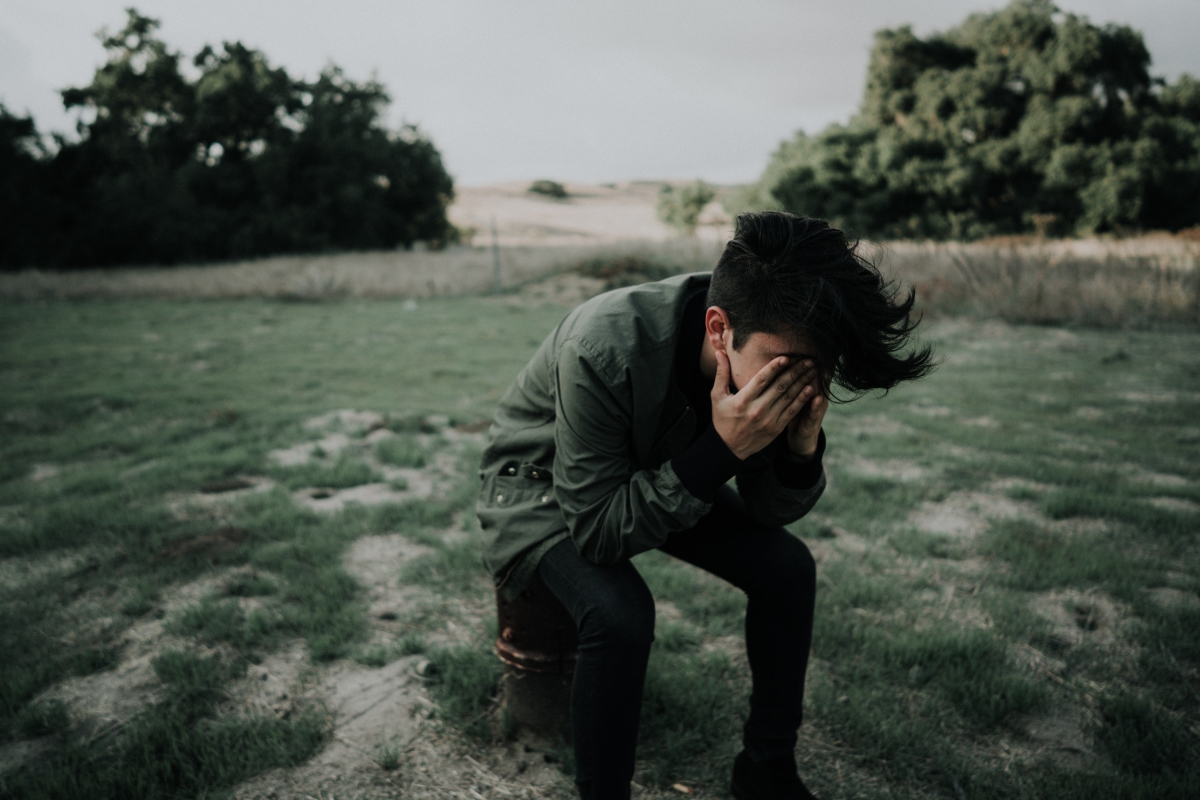Health anxiety during Covid-19
For anyone already suffering from health anxieties, a viral epidemic that makes our towns and cities look like scenes from B-Zombie movies, will be a challenge. For many, this is put mildly.
There are indeed a whole raft of reasons why this can be pretty serious:
when we are anxious, our bodies release the stress hormone cortisol, so we can act accordingly in fight-or-flight situations. Once it’s over, our bodies revert to our normal setting and we start to relax again.
However, when someone is continuously stressed or anxious, the body will continue to release cortisol without it ever finding a release. As a result, we’ll have surplus levels of it, which is detrimental to our health: it can weaken our immune systems, bring on obesity, diabetes, muscle weakness and can also lead to memory problems or depression.
But it really doesn’t have to get to this stage. As a therapist I’d approach this in two steps:
-
acceptance
-
bringing awareness to your scope of what actually is in your hands to change
1. acceptance:
I wholeheartedly invite you dear reader, to accept how testing and challenging these times are: people are getting sick, many die, you cannot be sure if you might catch it, if you will you be able to keep your family safe, how long this will go on, will your money last until then and when will they find that pesky vaccine already… so many questions and uncertainties!
Life’s a challenge at best, but now we’re in these unprecedented times of a global viral epidemic.
So yes, do accept that currently, we’re collectively in a limbo state for an uncertain amount of time. You’ll also have to accept, that there is no way around this other than going through it day by day.
Indeed, oddly, we even might get used to this. Some bright spark once said: “normality is cultural”.
Then inevitably comes the question: ‘So now what? Where do I go from here?’
Now, one key subject that’s repeatedly explored in my therapy work is that of boundaries. The serenity prayer usually attributed to Protestant theologian Reinhold Niebuhr, is spot-on:
” Grant me the serenity to accept the things I cannot change;
Courage to change the things I can; and wisdom to know the difference.”
This is important: another symptom of anxieties is that they remove us from our present reality. As a consequence, we lose perspective and are hence much more prone to feel overwhelmed.
When we though focus on the current situation as it is, we can start to draw a boundary from the things we cannot change and focus on those we can. Which brings us to point

